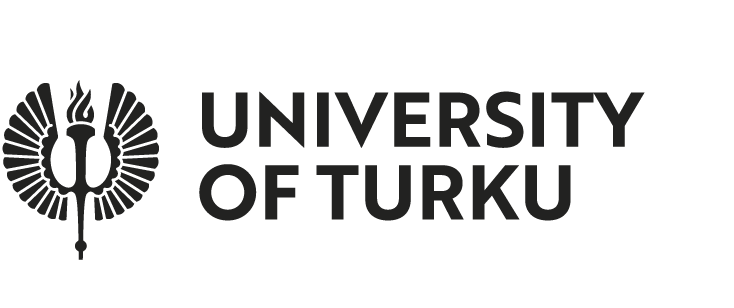Career Prospects
The MPINVEST programme educates research and public administration professionals for analysing social inequalities and welfare state institutions. You will also be trained to develop new policies and intervention methods to reduce disadvantages and improve wellbeing of children and youth. Typical areas of employment include:
- public administration,
- research-focused public and private institutions,
- academia, and
- data science.
Career in Research
When you complete this Master’s degree programme, you will acquire researcher’s skills that should make you eligible for social and behavioural science PhD programmes including lNVEST’s own PhD programme.

